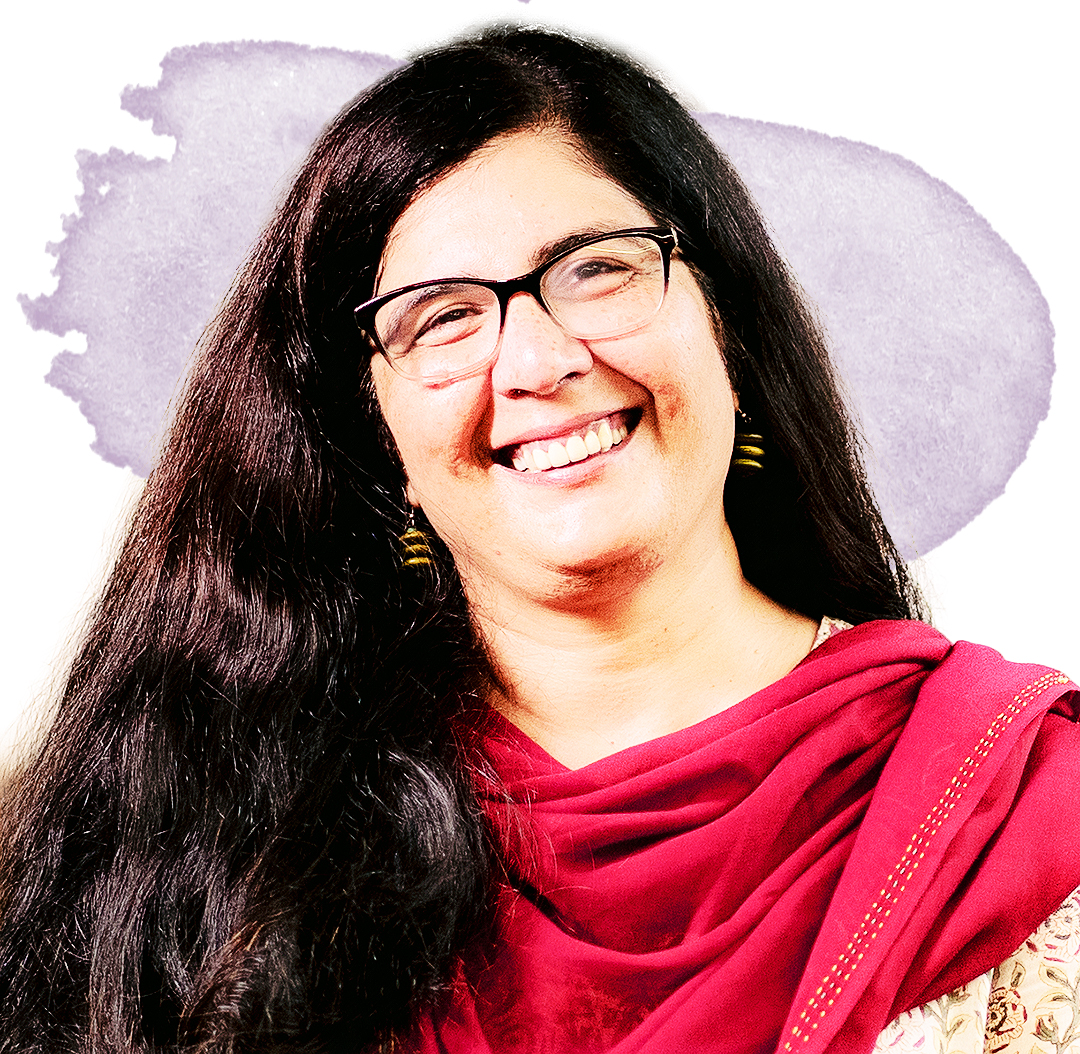When Kalika Bali told fellow technologists 25 years ago that she wanted to work with the world’s most marginalized languages, they attempted to dissuade her by telling her she would only be marginalizing herself. “My whole thing was that people around me could not access technology,” says Bali, who is from India. She ignored the career advice. “I stuck to it—and now I’m seriously optimistic.”
More from TIME
At Microsoft Research, the big tech company’s R&D subsidiary, Bali is working to ensure that the AI boom is inclusive of marginalized languages. On one project, with the Bill & Melinda Gates Foundation, she’s helping to build “gender intentional” datasets in five Indian languages that together are spoken by over 1 billion people. By ensuring those datasets don’t include gender biases that so often crop up when AI training data is simply scraped from the internet, Bali hopes not only to make it possible for more of humanity to engage with technology—but also to do so in a way that is unbiased and equitable. The project has the scope to be even more impactful: it could help Bali and her colleagues to build a tool that they hope will be able to remove gender bias from existing AI datasets too.
On another project at Microsoft Research, Bali is working on code mixing—the practice, commonly used in multicultural communities, of integrating two languages into one tongue—in an effort to ensure AI tools can cater to those communities as well. “I think there should be a world where language is no longer a barrier to technology,” Bali says. “So everyone can use technology irrespective of the language they speak.”
- Why Biden Dropped Out
- Ukraine’s Plan to Survive Trump
- The Rise of a New Kind of Parenting Guru
- The Chaos and Commotion of the RNC in Photos
- Why We All Have a Stake in Twisters’ Success
- 8 Eating Habits That Actually Improve Your Sleep
- Welcome to the Noah Lyles Olympics
- Get Our Paris Olympics Newsletter in Your Inbox
